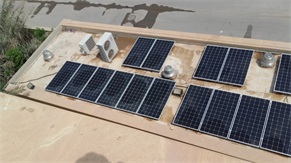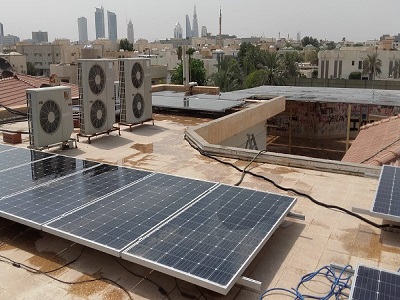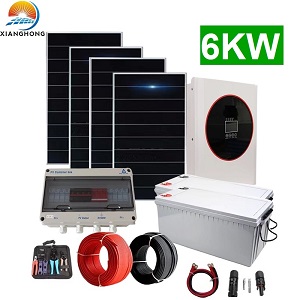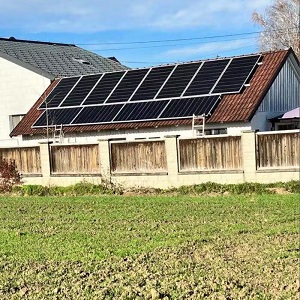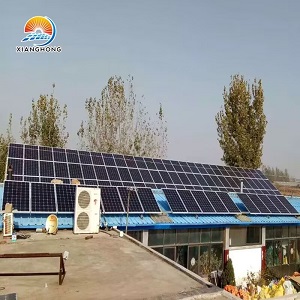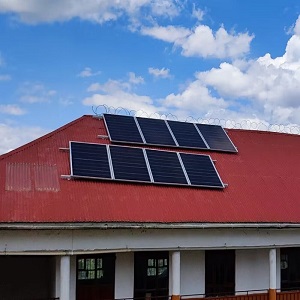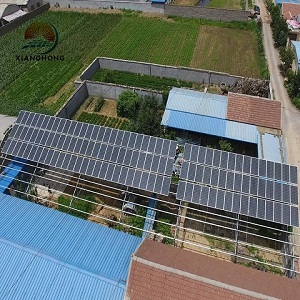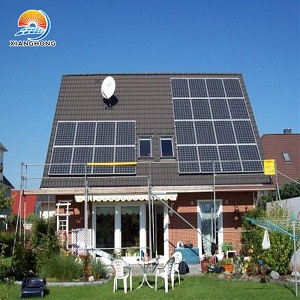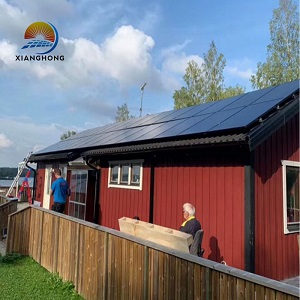What electrical appliances can a 10kW solar system apply to?
 Xianghong
Xianghong  August 16,2024
August 16,2024
A 10kW solar system can usually meet the basic electricity needs of most households, including lighting systems, household appliances, and small air-conditioning systems. However, for appliances with high power demands, such as large air conditioning systems or water pumps, an additional solar system may be required to meet the demand. Before choosing a solar system, it is advisable to understand the power requirements of each appliance and consult a professional to ensure the system will meet your home's needs. The use of solar energy systems can provide you with sustainable clean energy and bring economic and environmental benefits to your family.
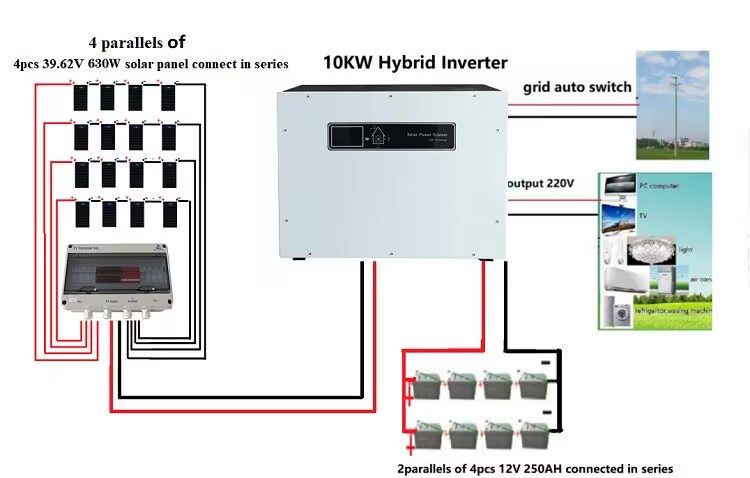
What electrical appliances can a 10kW solar system apply to?
1. Understand the power of a 10kW solar system
The power of a 10kW solar system means that the system can generate 10 kilowatts of electricity per hour. However, it is important to note that the actual output of a solar system is affected by a variety of factors, including local solar radiation, weather conditions, and the efficiency of the system. Therefore, actual available power may vary.
2. Applicable electrical appliances
A 10kW solar system can usually meet the basic electricity needs of most households. Here are some examples of common appliances with power requirements in the range of a 10kW solar system:
Lighting system: The lighting system power requirements of most homes are relatively low, which can be easily met by solar energy systems.
Household appliances: including refrigerators, washing machines, microwave ovens, televisions, computers, and other household appliances. The power requirements of these appliances are usually within the carrying capacity of the solar system.
Air Conditioning Systems: A 10kW solar system can usually meet the power needs of a small air conditioning system, but if you have multiple or larger air conditioning systems in your home, additional solar systems may be required to meet the demand.
Water pumps: Some households may require water pumps to supply water. The power requirements of the water pumps may be high, so it is necessary to evaluate whether the capacity of the solar system is sufficient for the operation of the water pumps.
How to determine the solar system power required for your house?
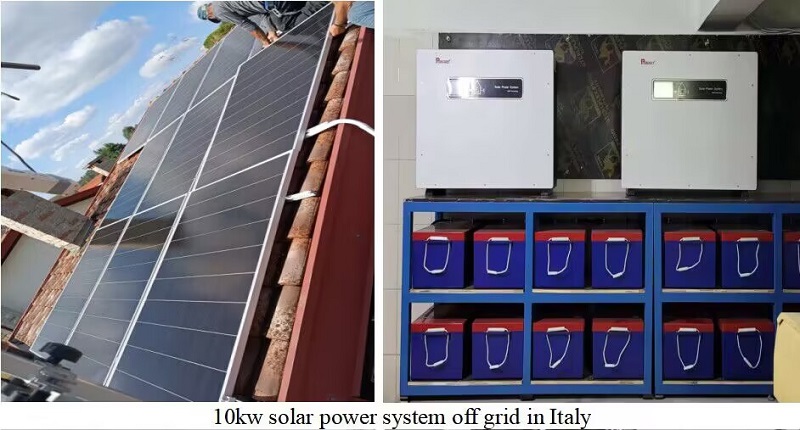
1. Housing energy consumption assessment
First, knowing your home's energy consumption is critical to waiting for your solar system. You can check your electricity bills for the past year to see your average energy consumption each month. Also, consider the energy consumption of the appliances and lighting systems used in your home. This information will help you determine how much solar system power you need.
2. Solar system capacity calculation
The capacity of a solar system is usually measured in kilowatts (kW). To determine the solar system wattage you need for your house, you can use this simple formula:
Required solar system power (kW) = average monthly energy consumption (kWh) / average daily solar radiation (kWh/m²)
The daily average solar radiation can be obtained by querying the local solar radiation data. These data are usually provided by the local meteorological department or solar system supplier.
3. Consider system efficiency and energy storage needs
When calculating the required solar system power, the efficiency of the system and energy storage needs also need to be considered. The efficiency of a solar system depends on the quality and performance of the solar panels. High-efficiency solar panels convert more of the sun's energy into electricity, reducing the power required.
In addition, you also need to consider whether you need an energy storage system to store excess electricity generated during the day for use at night or on cloudy days. The energy storage system can be a battery pack or other energy storage devices. According to your energy consumption and needs, you can choose the appropriate energy storage system capacity.
4. Seek professional advice
In order to ensure the selection of the appropriate solar system power, it is recommended to consult a professional solar system supplier or engineer. They can provide you with customized recommendations based on your home's characteristics, energy consumption, and local solar resources. They can also help you choose high-quality solar equipment and provide guidance on installation and maintenance.

